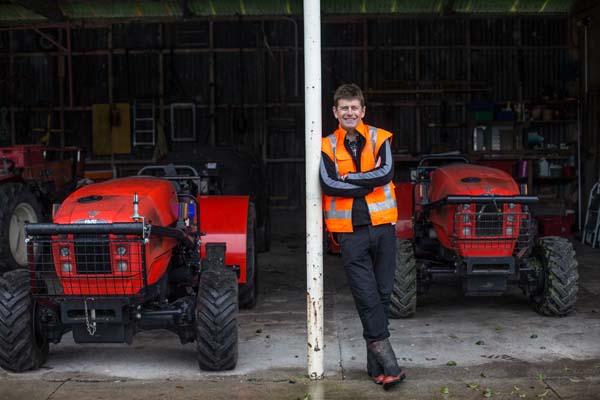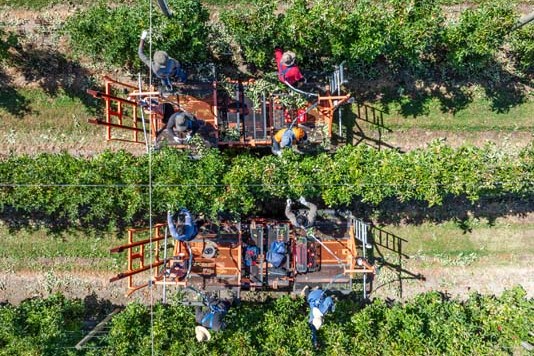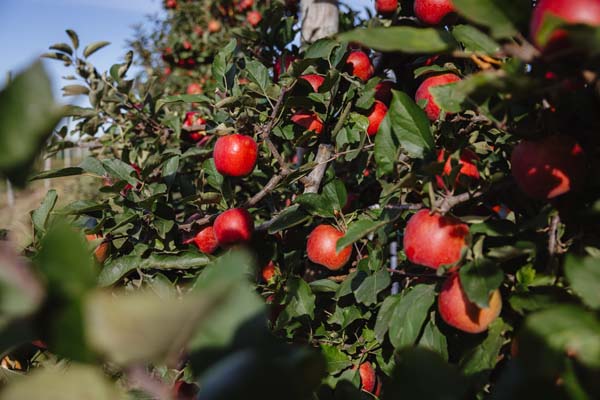By Sheryl Haitana
Open Country is launching a new online tool for their farmers to complete their own Farm Environment Plans with plenty of support.
Putting the process in farmers’ hands gives them control, whilst growing their own knowledge on environmental risks and regulations and how to manage them on farm, Open Country Environment and Sustainability manager Caleb Higham says.
“Listening to our farmers, they were asking questions about Farm Environment Plans (FEP).
“They wanted some leadership from us and some direction. We came to the conclusion we needed a tool to help farmers and we decided to build a digital one,” he says.
It is a tool farmers can have total control over, with support around it to help farmers through it, he says.
The dairy industry has a target for all farmers to have a FEP by 2025. About 20% of Open Country’s near 1000 suppliers already have one and the company wants to help farmers keep them live and updated to meet new standards that come from government.
This online document will be live, which means farmers can continue to update it and upload progress reports for work they are doing on farm. For example farmers can upload photos of any environmental projects they’ve carried out.
Open Country is offering plenty of on-the-ground support to help farmers through the process.
Farmers can seek support or advice at any point and the FEPs get reviewed by Open Country before they are signed off to ensure farmers are understanding the risks and have best practice implemented on farm.
A big focus is to make it farmer-friendly and for it to make sense, Caleb says.
“We know not all farmers are comfortable using computers. We know not everyone will be able to do that, so we are hiring FEP facilitators to help farmers.”
Farmers can also still use a consultant to fill in the FEP tool for them. The tool is being built to have data protection, but will also have the capability for farmers to share access or certain data with parties such as councils when they need to.
The tool will evolve over time with any changes in environmental regulations popping up to alert farmers of the changes and any new requirements.
It is expected to be built by early 2022.
By offering a tool that farmers are more engaged with, rather than it being done for them, is the road to better outcomes, milk supply manager Tim Sandbrook says.
Eleven Open Country suppliers recently participated in a 10-month pilot programme where they attended workshops with Waikato Regional Council and Open Country representatives and completed a FEP.
Some of the farmers started the process with their arms folded because they were apprehensive of the rules coming their way.
But by the end of the process, when farmers understand the intent of the rules, the penny drops and there is a sense of pride for what they’re achieving, Tim says.
“A lot of the logic and strategies we are asking for in a FEP are day-to-day obvious things farmers do because they have a positive financial flow-on effect anyway.”
Farmers submitting environmental data is ultimately benefiting their income as Open Country can share a positive environmental story when they are marketing products overseas.
“We are getting asked more and more by customers what our GHG numbers are, also questions around animal welfare, biodiversity,” Caleb says.
For farmers to be able to provide those customers who are buying their milk with this sort of onfarm environmental information will be of benefit.





